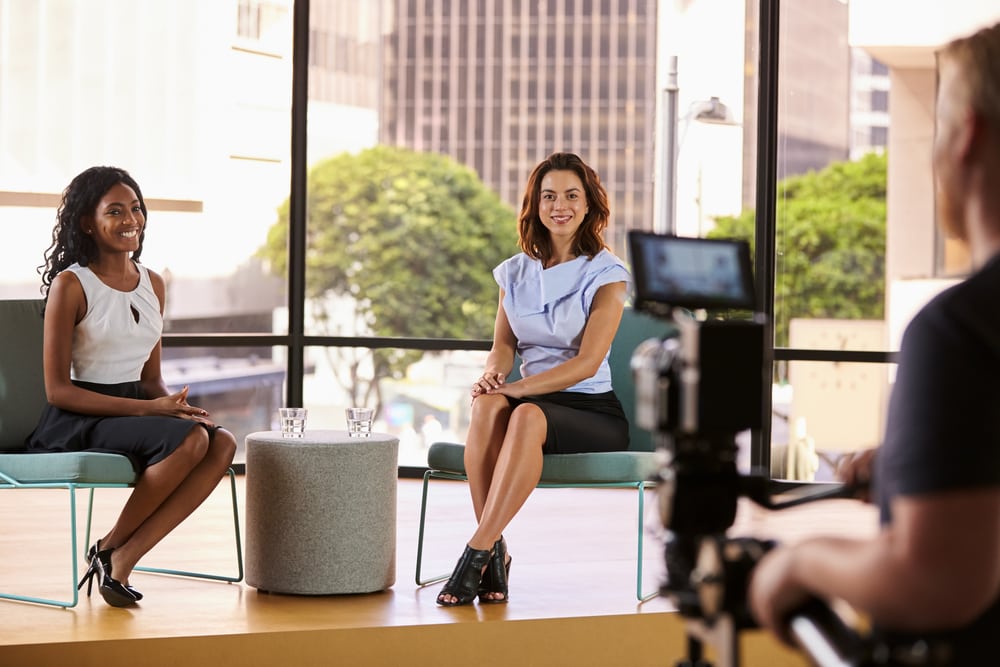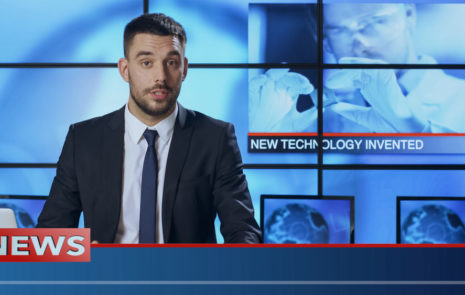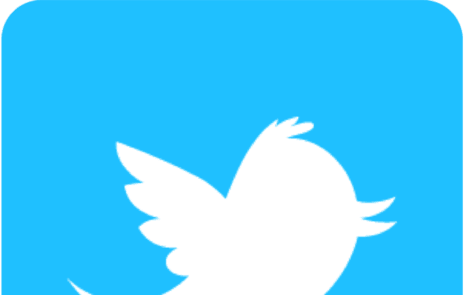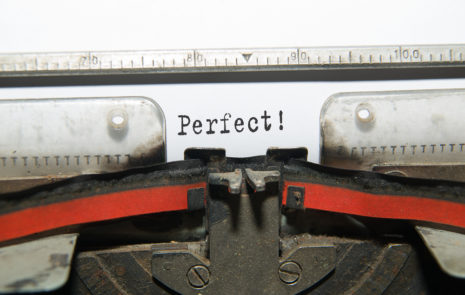
Why say yes to a news media interview?
You’ll find many ways to get your organization’s story heard. Getting it into news media is one of the most effective.
Studies show that traditional news media is more trusted than most other sources. It’s trusted more than social media, according to the 2019 Edelman Trust Barometer.
And in a recent Ogilvy study, even journalists report that they trust earned media – that is, free news coverage versus paid – more than any other source.

In addition to getting your story heard, agreeing to a news media interview has other benefits:
- The public infers “the company could not be reached for comment” to mean guilt. That’s a thorny issue for any organization, because in addition to not getting your story heard today, you turn people off so they don’t hear your story tomorrow.
- You gain name recognition for your organization. This is valuable regardless of the size or how well-known your company is. For smaller and less-known organizations, it’s always helpful to get your name out as often as possible. For well-known companies, getting a positive mention, or being included in a round-up article that mentions your competition, helps you remain top-of-mind for potential customers.
- Better yet, you can gain new business. If the interview is about a product or service your company offers, it attracts new buyers.
- And it gives you practice for future news interviews. Like most things, becoming great at interviewing takes time and practice. The more interviews you do, the better you will get.
So why would anyone say no to a news media interview?
Even with these facts, I hear more and more stories of organizations who are afraid to participate in news media interviews. The most common excuse is fear, followed closely by, “I don’t have time.”
Let’s start with that second excuse. I would argue that it’s always worth making the time to get your story heard.
If you have a clear, simple Message Map, you can prepare quickly and often finish a media interview in 15 or 20 minutes. Fifteen minutes of your time could get your story heard by a large part of your target audience.
As for fear, it’s normal to be nervous when anything you say could be published for thousands to see.

What you can do to help you feel less nervous before a news media interview?
- Prepare, prepare, prepare. Know your message inside and out. Practice with your communications contact. If you’re going to be on camera, practice in front of a camera and play it back. Pay attention to your eye contact, gestures and voice.
- Set ground rules. Make sure you agree on the topic of the interview with the reporter. That way, you do not have to answer questions off the agreed topic. You may simply say, “As we agreed, I’m prepared to answer questions on X. If you’d like to discuss a different topic, we’ll need to schedule a separate time.”
- Tape the interview. The reporter may or may not ask to tape it as well. Inform the reporter that you’d like to tape the interview for internal purposes only. This helps you with two things: Providing proof in case you are misquoted, and practicing for future interviews.
- Never go “off the record.” Do not say anything to the reporter that you are not comfortable reading in the article. As Roy Greensdale points out in his article, “For journalists, it [off the record] simply means that it is reportable as long as the source is not identified.” That means the reporter still might use what you say, and even though she or he may not attribute it, it can still come back to bite you.
Tell the truth. In the words of Abe Lincoln, “No man has a good enough memory to be a successful liar.” It’s okay to say, “I don’t know” or “I’m not the right person.” For ideas on how to respond to questions when you can’t give an answer, see my previous blog.
Reporters are people too
Remember that the reporter is a person just like you. I’ve worked with hundreds of reporters during my career, and the majority of them are good people trying to do the best job they can. If you are kind and helpful, and know your message, things will most likely go well.
Also remember that while you are speaking to the reporter, you are also speaking through the reporter to the media outlet’s audience, which hopefully includes your clients, potential clients, and stakeholders.
So, the more you help the reporter, the better the outcome will be, and the better your chances of getting your story heard.
How can you help the reporter?
- Speed. Reporters are on deadline, so always respond as quickly as possible. That goes for both the initial request and scheduling the interview within the time frame the reporter gives you.
- The right information. Give the reporter the information she or he needs for the story. As the interview closes, almost all reporters will ask, “Is there anything you’d like to add?” That is your chance to get your home base message out one more time. Always take it.
- Sources. If you are not the right source, refer the reporter to the right one. The reporter will remember how helpful you were and most likely contact you again for future opportunities.
The idea of a news media interview can be daunting. But with the right message and the right preparation, you can use news media interviews to get your story heard.
For more tips on how to deliver on-message communications, subscribe to our blog.
Related Posts
Want your story in the news media? Read these tips.
“Why weren’t we quoted in that story?” “Why didn’t get any coverage on our new product launch?” Sound familiar? I’ve worked with many organizations...
Top 100 Content Marketing Question: How can we create content that effectively works across various audiences?
How to create content that effectively works across various audiences? “What we need is a machine that will let us see the other guy’s...
Top 100 Content Marketing Question: What are the most effective ways to Tweet content?
The most effective ways to Tweet are demonstrated daily How great is the power of Twitter to break news, spark dialogue and incite debate? When the...
How good content beats perfect content marketing
Content marketing can’t afford to become a quest for perfection. That’s because perfect content is the enemy of good content. Chasing the holy grail...





